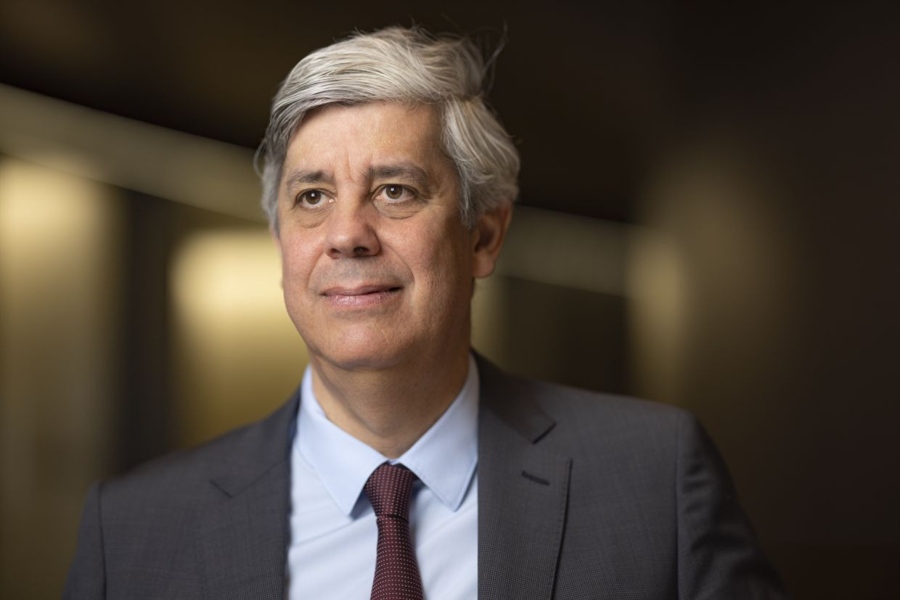The European Central Bank’s (ECB) Mario Centeno has voiced a cautious stance regarding the current economic climate in the Eurozone. Speaking on recent developments, Centeno emphasized the importance of monitoring all available data, particularly in light of concerns over investment levels within the region. His remarks come at a time when the strength of the Euro is seen as a potential magnet for investors, reflecting broader global economic trends.
Centeno, known for his dovish approach, has consistently focused on the challenges of slower growth within the Eurozone. Despite this, he remains in no hurry to lower interest rates, a move that could be prompted by a weak second quarter and the associated risk of inflation falling below target levels. “The risk of inflation undershoot is greater than overshoot,” Centeno noted, highlighting the delicate balance the ECB must maintain.
Economic Context and ECB’s Current Stance
The ECB has been on a pause regarding interest rate adjustments, a decision that will hold at least until September as the central bank continues to assess economic data throughout the summer. This period of observation is crucial, as the ECB aims to gather comprehensive insights before making any significant policy changes.
Historically, the ECB has been cautious in its approach to monetary policy, often weighing the potential impacts of rate adjustments on the broader economy. Centeno’s comments underscore this tradition of prudence, particularly as the Eurozone grapples with uneven economic recovery post-pandemic.
Global Developments and the Euro’s Strength
The Euro’s recent strength is largely attributed to global economic developments, including shifts in trade dynamics and monetary policies of other major economies. A stronger Euro can attract more investment to Europe, as investors seek stable returns amid global uncertainties. However, this strength also poses challenges, particularly for export-driven economies within the Eurozone that may find their goods less competitive on the international stage.
According to economic analysts, the balance between attracting investment and maintaining competitive exports is a tightrope that the ECB must walk carefully. The central bank’s decisions in the coming months will be closely watched by markets and policymakers alike.
Expert Opinions and Future Implications
Experts in the field have weighed in on Centeno’s cautious approach. Dr. Elena Ramirez, an economist specializing in European markets, stated, “Centeno’s reluctance to rush into rate cuts is a prudent move, given the current economic uncertainties. The focus on data-driven decisions will likely serve the Eurozone well in the long term.”
Meanwhile, some analysts suggest that Centeno’s dovish reputation might indicate a willingness to support rate cuts if economic conditions worsen. This potential flexibility could provide the ECB with the necessary tools to respond to unexpected downturns, ensuring economic stability.
“The ECB’s pause until September allows for a thorough analysis of economic indicators, ensuring that any policy shifts are well-informed and strategically sound.” – Dr. Elena Ramirez
Looking Ahead: Strategic Decisions for the ECB
As the summer progresses, the ECB’s focus will remain on gathering and analyzing economic data to inform its future policy decisions. The potential for a weak second quarter raises concerns about inflation undershooting targets, which could prompt a reevaluation of current strategies.
In the coming months, the ECB’s decisions will be pivotal in shaping the economic landscape of the Eurozone. Investors, policymakers, and economists alike will be keenly observing any signals from the central bank regarding its approach to interest rates and economic support measures.
Ultimately, Centeno’s cautious stance reflects a broader commitment to ensuring the Eurozone’s economic resilience in the face of global challenges. As the ECB navigates this complex environment, its strategic decisions will play a crucial role in determining the region’s economic trajectory.
